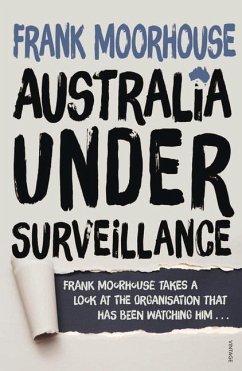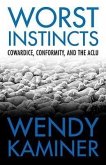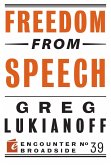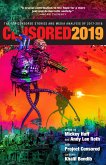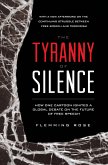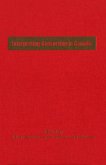In 2013, the Australian Security Intelligence Organisation (ASIO) made new efforts to extend its surveillance powers to internet and mobile phone communication and some other extensions of its powers, including the making the issuing of warrants easier. We are just beginning to evolve new attitudes and behavior appropriate for a society in which nothing can be assumed to be private, especially at the governmental level. At the same time, we are trying to discern what it is that constitutes, or not, an offence against national security. We are also facing the question of what degree of terrorist threat we are prepared to endure so as to retain freedoms of expression and what might be loosely called the traditional privacies. The paradox is an old one: which of our rights do we temporarily (or forever) relinquish in order to prevent external threats to our society which is based on such rights? More than ever before, this future is unforeseeable, and if in the unforeseeable we see a glimmer of dangerous things we should remember that positive things also can be unforeseeable. We need a renewal of the bargain between the citizen and the secret agencies, as unreliable as it may be, as we all go into the glare and the maze of controlled and uncontrollable data collection and its consequences. At least WikiLeaks and other socially-conscious hackers and whistleblowers will keep us in the picture. We should always offer them our protection. They are all we've got.

